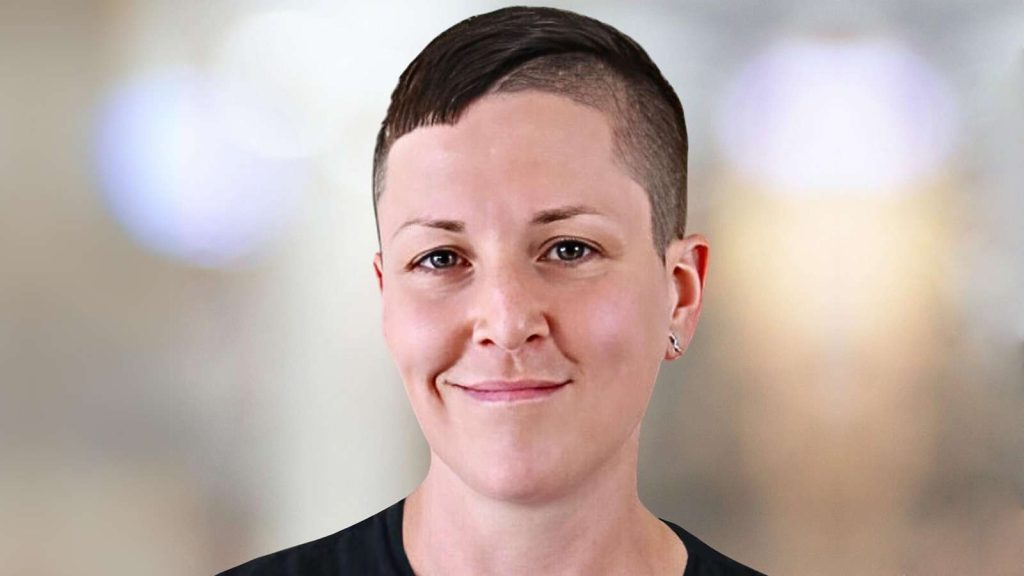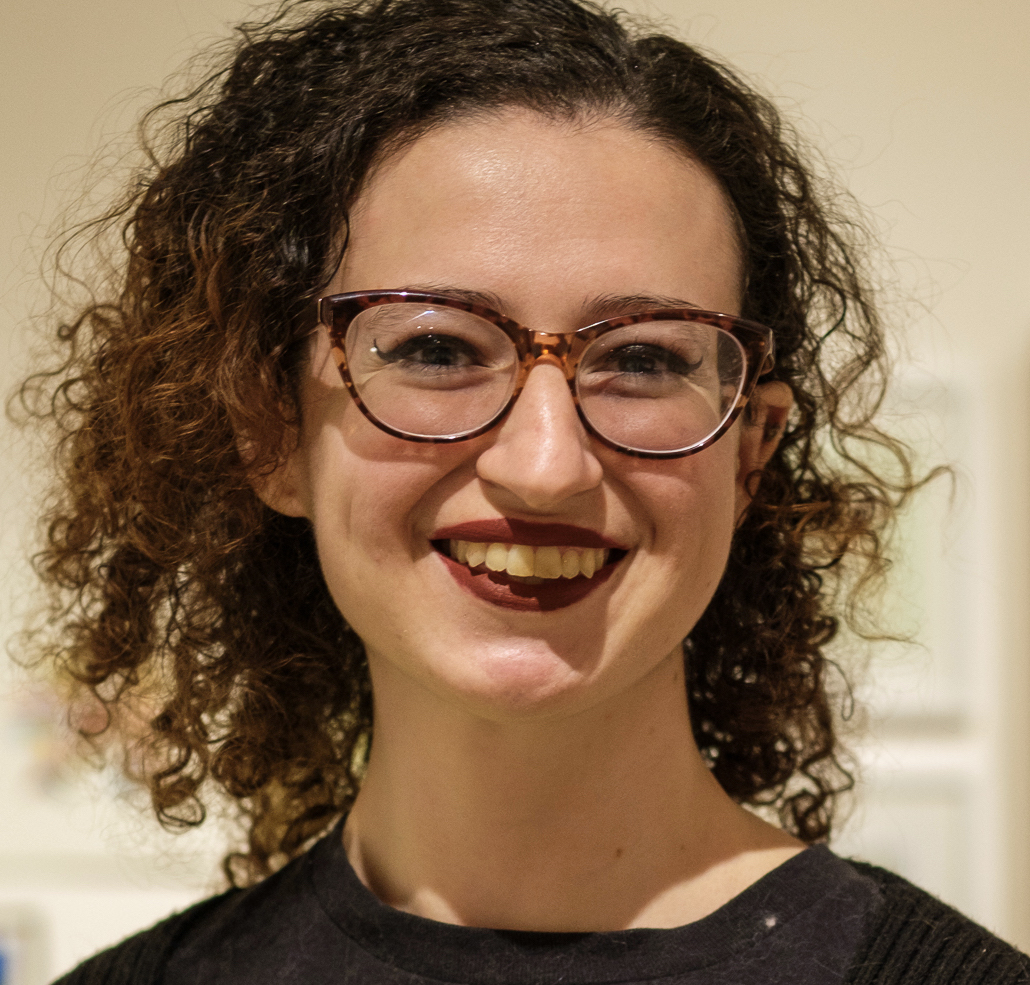Writing (and Living) Through Improv with Wilding
Bring a “yes, and…” approach to your writing, with help from Wilding! In their workshop at this year’s Kingston WritersFest, Writing With Wilding – Through an Improv Lens, they offer an improvisational-based approach to energize your writing practice.
Originally from Vancouver, Wilding arrived in Kingston six years ago, having spent the last 25 years (at least) working within a variety of improv, performing, and teaching roles, exploring different ways that improv can be and how individuals can benefit from improv. They see improv as a life tool, not just a form of performance, and have explored improv through this lens over the last few years. They are especially interested in the educational aspect of improv—during the pivot to online learning during the pandemic, Wilding started doing improv online. Here, they met their current collaborator, Tony Babcock, with whom they formed the improv comedy duo All-Inclusive Comedy, where they perform and also teach comedy. Together, they aim to create a strong improv community in Kingston.
This interview has been edited for length and clarity.
Wilding’s experiences are eclectic—they bring a live events production background, as well as experience in TV, film, animation, and theatre. “I’ve just been immersed in all forms of entertainment my entire life… but I’ve always sort of come back to improv. It just speaks to me,” they explain, adding that part of the attraction is how improv complements their experience with ADHD and how quickly their mind moves.
Our conversation touched on a variety of subjects relating to performance and entertainment, with Wilding’s enthusiasm for the field shining through, as they made connections between different elements across their work. For example, we talked horror movies, and about Wilding’s future project to create an “improvised film about a zombie movie”—during filming, the fictional crew members are randomly attacked by zombies, and in this scenario the real actors (playing the fictional film crew) wouldn’t know whether they were going to be attacked or not, hence the element of improv.
Wilding aims to embrace each individual person that they are introduced to. They’re curious about each individual’s interest in improv, finding that many adults say they don’t ever want to get onstage, or that improv is something they used to do in high school and want to explore again, while others want to get more comfortable talking to people. For Wilding, improv is something to use as “a skill in life”—after all, as they say, “we’re all improvising every day, every second of our lives.”
Through this lens, improv is “such an amazing way to re-energize yourself if you’re writing something and you’re stuck.” Wilding talks to a lot of writers that feel stuck, and gets curious about why that feeling is present, and how “we can crack that open.” For Wilding, the biggest piece of helping people write is creating a character’s backstory—when they’re teaching improv, they “always remind people that… something happened to this character before they came into the scene and something’s going to happen afterwards.”
In fact, Wilding demonstrated this process during our interview as we improvised creating a character together. Through generative questions and prompts from Wilding, we came up with the character of Maggie, a 49 year-old, female-identifying corporate receptionist who collects teapots and also secretly plays zombie-slaying video games to unwind. I found the process to be really energizing and interesting—I had no concept of Maggie (or indeed, any persona) in my head before we started, but she emerged all the same as a fully-formed character.
“When we’re writing, when we’re improvising, there are no wrong answers,” Wilding says, and when we worked together it felt as if there were no wrong answers to the prompts, but that we could dive deeper here and there (collecting teapots, my initial idea, wasn’t quite enough of a twist so we turned to playing horror video games as a hobby for Maggie). More so, we found out why she makes these choices, how she feels in her work life and at home, and various little details about the character in only a few minutes. As Wilding says, “now in an improv scenario, we can take her and we can put her in so many different situations,” just as we could as writers as well.
Wilding has been working with Kingston WritersFest for two years as production manager, and their workshop emerged from speaking to Artistic Director Aara Macauley about this year’s festival theme, which is all about different ways to connect writers and writing. Wilding mentioned how they teach improv to new and existing writers, and the workshop emerged from this collaborative discussion. Improv “really helps you problem solve [and] think out-of-the-box,” skills that are beneficial to writers (and probably anyone).
In the workshop, participants will collectively write a story together to get a fresh perspective on their work and how they can use improv elements in their practice and create well-rounded characters. Wilding’s energy and generative approach promises for an excellent and fruitful workshop for anyone interested in deepening their character development or feeling stuck in their writing.
Learn more and sign up for Wilding’s workshop with Kingston WritersFest, Writing With Wilding – Through an Improv Lens, here.
Catch Wilding and Tony Babcock at their All-Inclusive Comedy Sunday Night Live! shows every last Sunday of the month at The Spire / Sydenham United Church, and at ‘A Bridgerton of Bricks’ dinner and show on September 21, 2024. Click here for tickets.

